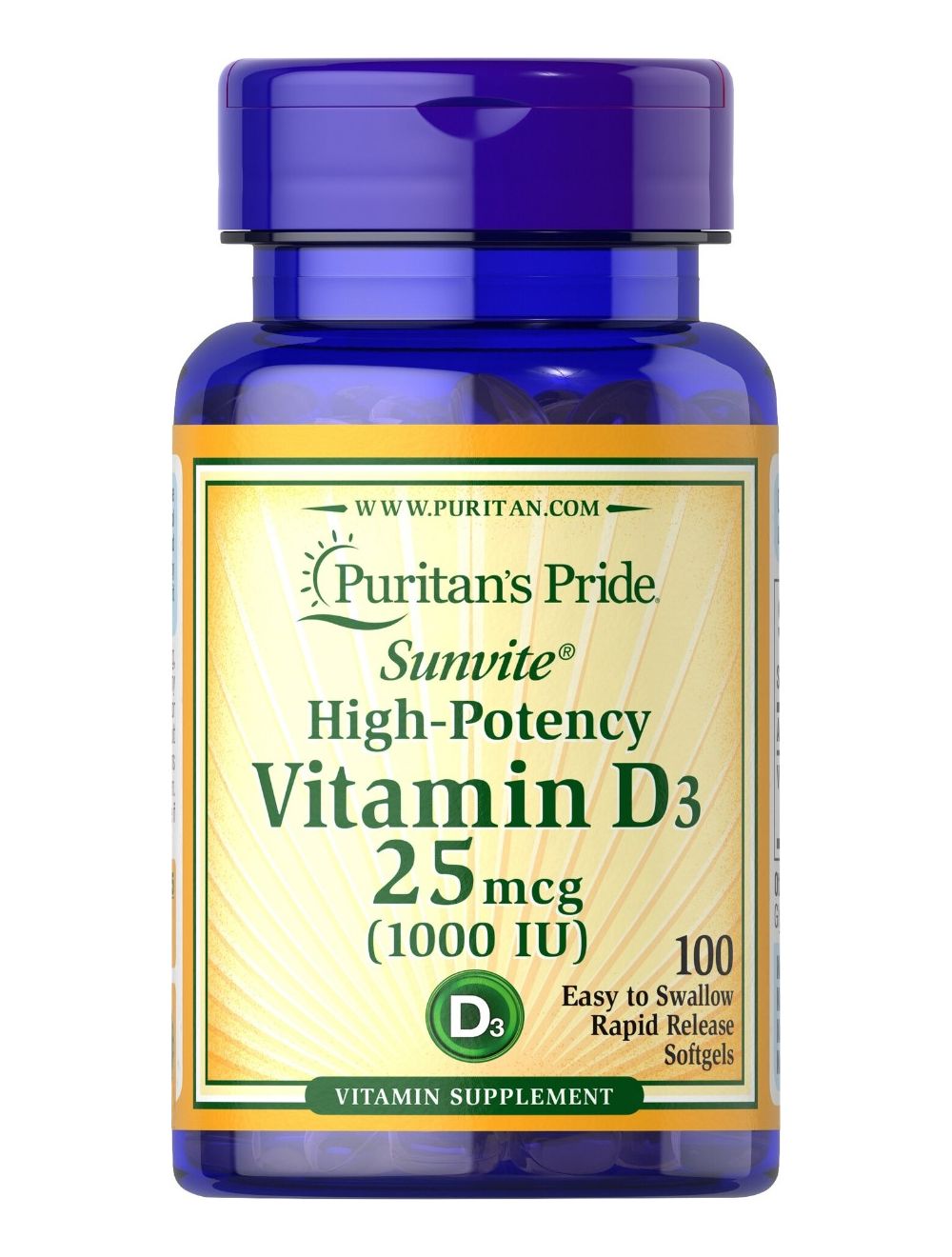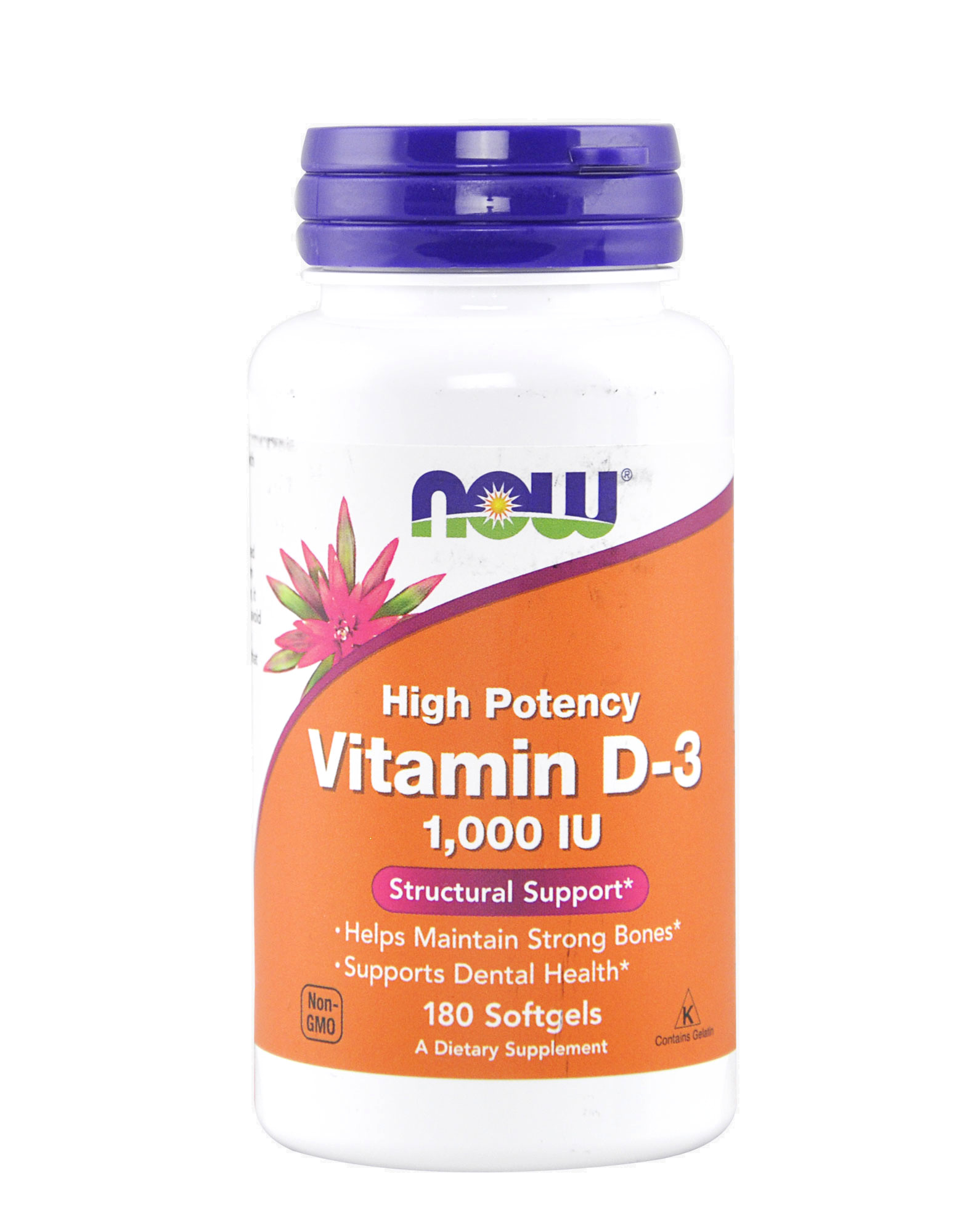Vitamin D is a fat-soluble vitamin that is crucial for various bodily functions, particularly for maintaining bone health and supporting immune function. In this comprehensive guide, we will delve into the world of Vitamin D 1000 IU, exploring its benefits, recommended dosage, food sources, potential side effects, and much more.
What is Vitamin D?
Vitamin D is often referred to as the “sunshine vitamin” because the skin produces it in response to sunlight. It plays a vital role in calcium absorption, which is essential for maintaining healthy bones and teeth.
Forms of Vitamin D
- Vitamin D2 (Ergocalciferol): Found in some fungi and fortified foods.
- Vitamin D3 (Cholecalciferol): Synthesized in the skin from cholesterol when exposed to UV rays from sunlight.
Benefits of Vitamin D 1000 IU
Vitamin D has numerous health benefits that contribute to overall well-being. Below are some of the key benefits associated with taking Vitamin D 1000 IU.
1. Supports Bone Health
Vitamin D plays a critical role in calcium metabolism, which is necessary for maintaining strong bones and teeth.

2. Enhances Immune Function
Research shows that Vitamin D can improve immune responses and help protect against infections.
3. Might Improve Mood
Some studies suggest that adequate Vitamin D levels may help alleviate depression and improve mood.

4. Supports Cardiovascular Health
There is evidence to suggest that Vitamin D may help reduce the risk of heart disease by influencing cardiovascular function.
Recommended Dosage of Vitamin D 1000 IU
The recommended dosage of Vitamin D can vary based on age, health status, and lifestyle factors. However, 1000 IU is widely accepted as a safe daily intake for most adults.

Daily Intake Guidelines
| Age Group | Recommended Daily Allowance (RDA) |
|---|---|
| Infants (0-12 months) | 400 IU |
| Children (1-18 years) | 600 IU |
| Adults (19-70 years) | 600 IU |
| Adults (71+ years) | 800 IU |
| Pregnant and Lactating Women | 600 IU |
Sources of Vitamin D 1000 IU
1. Dietary Sources
While sunlight is a primary source of Vitamin D, there are several foods that provide this essential nutrient:
- Fatty Fish: Salmon, mackerel, and sardines.
- Fortified Foods: Milk, orange juice, and cereals.
- Egg Yolks: A natural source of Vitamin D.

2. Supplements
Vitamin D supplements are available in various forms, including capsules, tablets, and liquids. Vitamin D3 (cholecalciferol) is often recommended for its superior efficacy compared to Vitamin D2.
Potential Side Effects of Excessive Vitamin D
While Vitamin D is essential for health, excessive intake can lead to toxicity. Here are some potential side effects of taking more than the recommended dosage:
- Nausea and vomiting
- Weakness and fatigue
- Kidney stones
- Hypercalcemia (high levels of calcium in the blood)
Pros and Cons of Vitamin D 1000 IU
Pros
- Supports bone and tooth health
- Enhances immune response
- Might improve mood and cognitive function
- May reduce the risk of chronic diseases
Cons
- Risk of toxicity with excessive intake
- Possible interactions with certain medications
- Not all supplements are created equal; quality varies
Vitamin D 1000 IU Compared to Other Dosages
| Dosage | Benefits | Ideal For |
|---|---|---|
| 400 IU | Basic immune support | Infants |
| 600 IU | General health maintenance | Children and Adults |
| 1000 IU | Enhanced immune function; mood support | Most Adults |
| 2000 IU | Bone health support | Individuals with low blood levels |
Frequently Asked Questions (FAQs)
1. What are the symptoms of Vitamin D deficiency?
Symptoms may include fatigue, bone pain, muscle weakness, and mood changes.
2. Can I get enough Vitamin D from sunlight alone?
While sunlight exposure can provide adequate Vitamin D, factors such as location, season, and skin type can affect synthesis.
3. Is 1000 IU of Vitamin D safe for everyone?
For most adults, 1000 IU is considered safe. However, individual needs may vary, and consulting a healthcare provider is advisable.
4. How long does it take to raise Vitamin D levels in the body?
It can take several weeks of consistent supplementation to raise levels, but individual responses may differ.
5. What foods are high in Vitamin D?
Foods such as fatty fish, fortified dairy products, and egg yolks are rich in Vitamin D.
Conclusion
Vitamin D 1000 IU is a beneficial supplement for many individuals, contributing to overall health and wellness. Understanding its benefits, knowing the appropriate dosage, and being aware of potential side effects are crucial for anyone considering Vitamin D supplementation.
As always, consult with a healthcare professional before starting any new supplement regimen, especially if you have underlying health conditions or are taking medications.